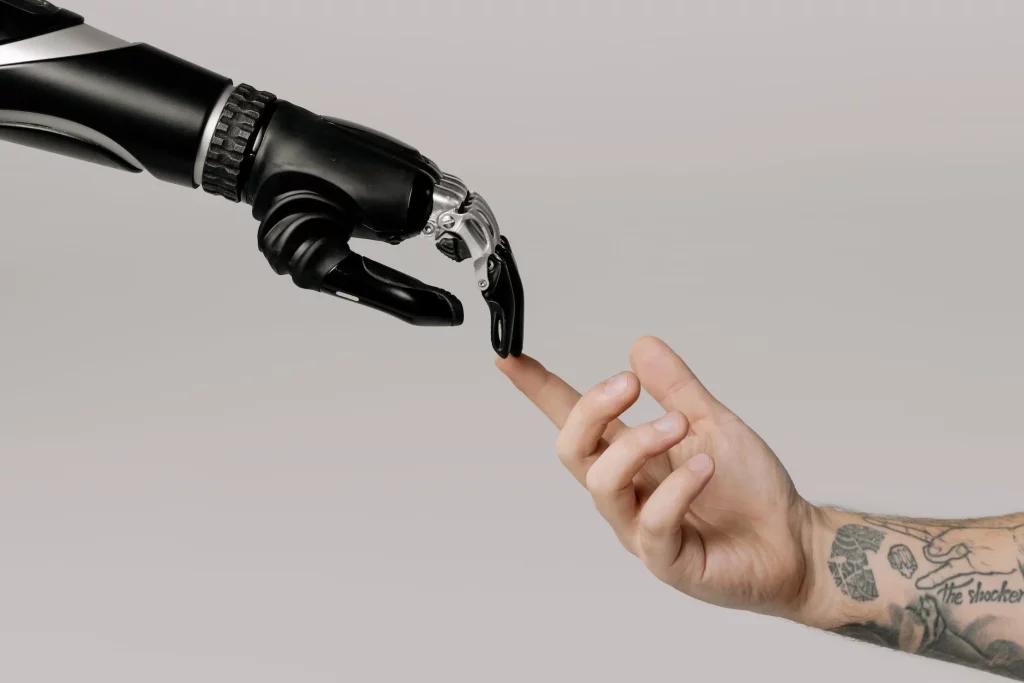How This Chinese MIT Physicist Is Using AI to Revolutionize Drug Discovery, Solar Panels, and EV Batteries
In the ever-evolving world of cutting-edge technology, few stories capture the imagination quite like that of Wen Shuhao, the cofounder and chairman of Xtalpi. A Chinese physicist with a postdoctoral degree from MIT, Wen has been at the forefront of blending artificial intelligence (AI) and quantum physics to transform industries. From accelerating the development of Pfizer’s Covid-19 oral drug, Paxlovid, to venturing into the realms of solar panels and electric vehicle (EV) batteries, Wen’s journey is a testament to the power of innovation, perseverance, and a dash of audacity.
From MIT to Xtalpi: A Journey of Innovation
Wen Shuhao’s story begins at MIT, where he honed his expertise in quantum physics and molecular behavior. Picture this: a young physicist, surrounded by the hum of supercomputers and the faint smell of coffee, diving deep into the mysteries of quantum mechanics. In 2015, he returned to China and cofounded Xtalpi with fellow MIT postdoctoral fellows Ma Jian and Lai Lipeng. The company quickly gained traction as one of the few AI-driven drug discovery firms in Asia. Xtalpi’s unique approach combines quantum physics algorithms, AI, and robotics to predict molecular structures with unprecedented accuracy.
“The stability of a drug molecule and its interactions within the human body are governed by the principles of quantum mechanics,” explains Wen. “We believed that, together with AI and robotics, we could enhance the efficiency of drug development and reduce its cost, making medication affordable for the general public.”
Pfizer Partnership and the Paxlovid Breakthrough
Xtalpi’s big break came in 2016 when it participated in a blind test held by Pfizer to predict the 3D structure of molecules. Wen’s program achieved a 100% prediction accuracy rate, earning Xtalpi a 10-year partnership with the pharmaceutical giant. During the Covid-19 pandemic, Xtalpi played a crucial role in speeding up the development of Paxlovid, the first approved oral drug for Covid-19 in the U.S.
“During the Paxlovid development, we truly experienced how our algorithms helped solve problems,” recalls Wen. “It made a significant contribution to alleviating the impact of the Covid pandemic.”
Expanding Horizons: Solar Panels and EV Batteries
After establishing itself as a leader in AI-driven drug discovery, Xtalpi set its sights on new industries. Wen identified two promising areas: solar panels and EV batteries. By leveraging the same quantum physics algorithms and AI models, Xtalpi aims to revolutionize these sectors.
“Drugs are the most challenging type of material to make because they involve the complexity of human biology. Making other materials are much simpler,” says Wen. “Unlike drugs, materials don’t require years of clinical trials. Once they achieve the desired effect, they can quickly realize good commercial returns.”
Perovskite Solar Panels: A Game-Changer in Renewable Energy
One of Xtalpi’s key projects is the commercialization of perovskite, a material that could significantly enhance the efficiency of solar panels. Scientists have been struggling for two decades to mass-produce perovskite due to its low durability and stability. However, by combining perovskite with conventional silicon solar cells, a solar panel can convert up to 43% of sunlight into electricity, compared to the current limit of less than 30%.
In August 2024, Xtalpi secured a $135 million deal with GCL Holdings, a Chinese energy company, to upgrade materials including perovskite and those for EV batteries. This partnership underscores the potential of Xtalpi’s technology to make perovskite solar panels a commercial reality.
Next-Generation EV Batteries: The Holy Grail of Energy Storage
Another area of focus for Xtalpi is the development of solid-state batteries, often referred to as the “holy grail” of EV batteries. Solid-state batteries promise more energy storage, faster charging, and higher safety compared to current lithium-ion batteries. However, producing these batteries is fraught with challenges, particularly in improving the solid electrolyte component.
“If you told me that I have to start a quantum physics-based discovery company, I would immediately jump at materials,” says Derek Lowe, a U.S. pharma veteran with a PhD in organic chemistry. “Xtalpi has a better chance of success there because the test cycle is so much faster and cheaper.”
Challenges and Opportunities
Despite its successes, Xtalpi faces skepticism from some quarters. Critics argue that while AI can speed up the early stages of drug discovery, the most challenging part—human trials—remains largely unaffected by computational techniques. The failure rate for human trials is around 85%, and AI has yet to make a significant impact in this area.
“What Xtalpi and a lot of other companies are doing is really worth something, but it’s not the incredible revelation of, ‘Oh my God, drug discovery has been solved,’” says Lowe. “If you could compute your way to finding those molecules, that would be terrific…this lets you get up to the shredder, being that 85% failure rate, faster.”
AI’s Potential in Pharma and Beyond
Wen remains optimistic about the future of AI in drug discovery and materials science. He points to the 2024 Nobel Prize in Chemistry, awarded to the team that developed AlphaFold, an AI tool that predicts protein structures in minutes. This achievement, Wen believes, is a testament to AI’s potential in the medical field.
“All pharma giants that are working on the most challenging drugs are embracing AI, so why would anyone still have doubts about this?” says Wen. “AI will become a fundamental tool in the pharma and materials industries. Everyone has to use it; if you don’t, you will be less efficient than the others.”
Looking Ahead: A Vision for the Future
As Xtalpi continues to push the boundaries of AI and quantum physics, Wen envisions a future where the company’s technology is integral to both drug discovery and materials science. With strategic partnerships, such as the one with Microsoft China, Xtalpi is well-positioned to lead the next industrial revolution.
“Every industrial revolution faces resistance,” says Wen. “Our technology is rare, and we are able to create high value-added super medicine and super materials…we are now in the early-stage of commercial explosion.”
Conclusion
Wen Shuhao’s journey from MIT physicist to the cofounder of Xtalpi is a remarkable tale of innovation and determination. By harnessing the power of AI and quantum physics, Wen and his team are not only transforming drug discovery but also paving the way for breakthroughs in renewable energy and EV batteries. As Xtalpi continues to grow and evolve, it stands as a shining example of how cutting-edge technology can drive progress and create a better future for all.
For more insights into the world of AI and innovation, subscribe to Forbes Asia and stay updated on the latest trends and breakthroughs.
By Zinnia Lee, Forbes Staff




